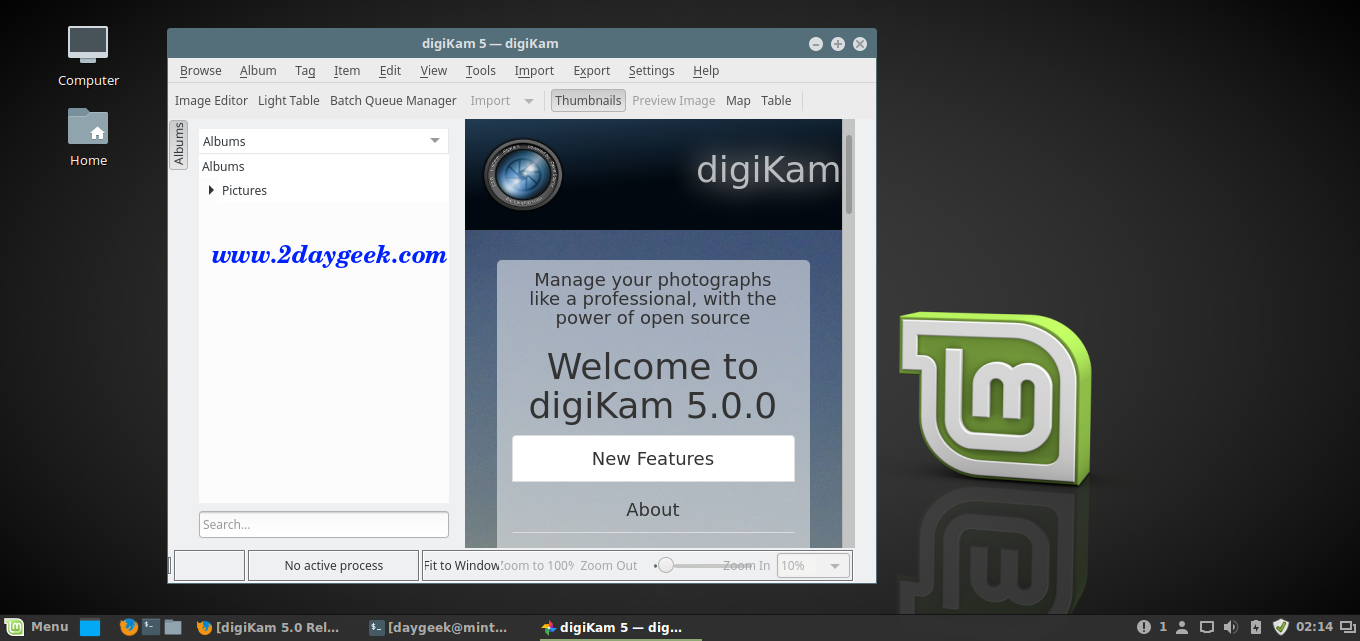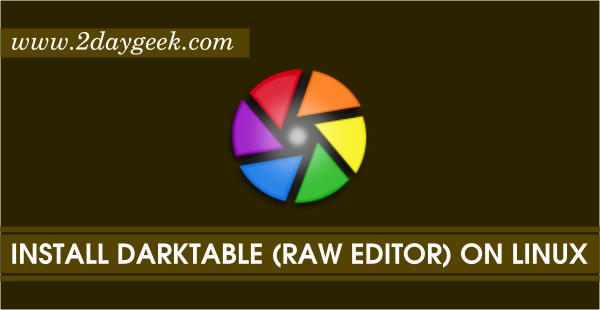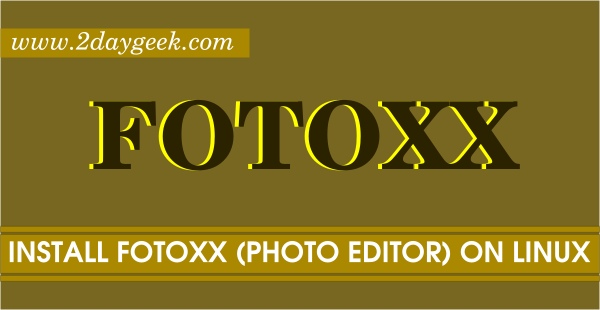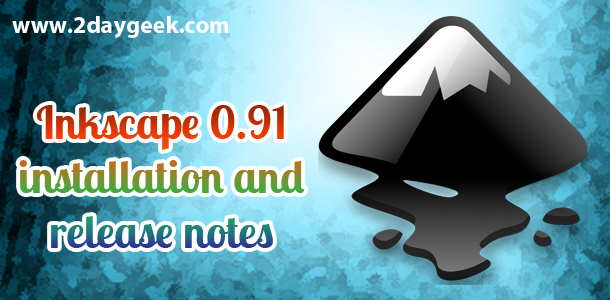After two year of work, the digiKam team is proud to announce the final release of digiKam Software Collection digikam 5.0.0 on 05 July, 2016 which completely ported with Qt5 and 80% of KDE dependencies have been removed. All Qt4/KDE4 code has been removed and many parts have been re-written, reviewed, and tested. This main version introduces a new cycle of releases, which will fix all the issues shortly reported by users. Many important APIs replaced by new one
DigiKam is an advanced digital photo management application for Linux, Windows, and Mac-OSX. Many people inspired by digiKam’s design and feature. It allow users to view, manage, edit, import, organize, enhance, organize, tag, and share photographs under Linux systems.
The photos are organized in albums which can be sorted chronologically, by folder layout or by custom collections.You can tag your images which can be spread out across multiple folders, and digiKam provides fast and intuitive ways to browse these tagged images. You can also add comments to your images.
An easy-to-use interface is provided that enables you to connect to your camera and preview, download and/or delete your images. Basic auto-transformations can be deployed on the fly during image downloading. Light Table tool assists artists and photographers to review their work and ensuring that the out is high quality.
DigiKam Feature
- import pictures
- organize your collection
- view items
- edit and enhance
- create (slide shows, calendar, print, …)
- share your creations (using social web services, email, your own web gallery, …)
- More details
1) Install DigiKam on Ubuntu/Linux Mint
We can easily install latest version of DigiKam on Ubuntu & Linux Mint through Third party PPA.
$ sudo add-apt-repository ppa:philip5/extra $ sudo apt-get update $ sudo apt-get install digikam
2) Install DigiKam on Linux
We can easily install DigiKam photo management application on Linux Distribution such as Debian, Ubuntu, Linux Mint, Fedora, CentOS, RHEL, Mageia, ArchLinux, Manjaro & FreeBSD from official repository.
[CentOS/RHEL & Upto Fedora 21] # yum install digikam [Fedora 22 & later] # dnf install digikam [Debian, Ubuntu & Mint] $ sudo apt-get install digikam [suse & openSUSE] # zypper install digikam [Mageia] # urpmi digikam [ArchLinux/Manjaro] # pacman -S digikam [FreeBSD] # pkg install digikam
Launch the application and follow the basic steps to get the editor window.

Enjoy….)



